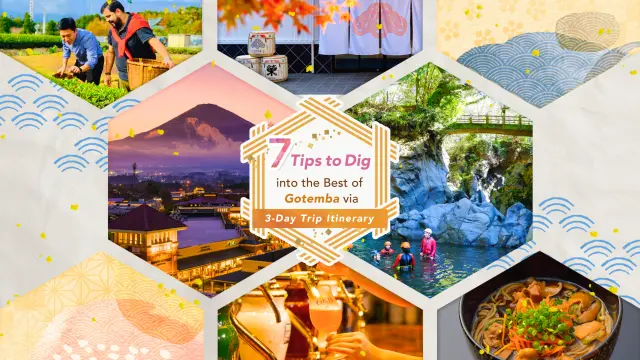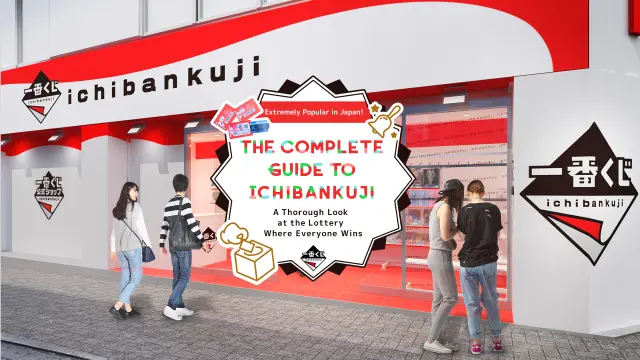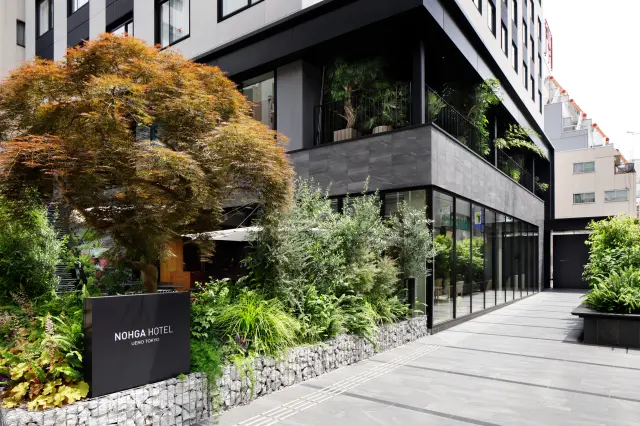During the festival, the whole street is lined with all kinds of food stalls. It's super lively!

Verified [Verified] denotes information that has been published with confirmation of its owing parties.
Susano Shrine
A historic shrine renowned for its vigorous "Futtenbo Mikoshi Swing."
Established in 795 during the Heian period, this venerable shrine has the largest parish area in the Arakawa district and continues to garner deep respect from the locals. The shrine is dedicated to the brave deity "Susano-Okami," who vanquished the serpent Yamata-no-Orochi, and "Asuka-Okami," revered as "Ebisu-sama" and associated with the prosperity of commerce and thriving businesses.
The annual "Tenno Festival" held on June 3rd aims to ward off epidemics common on the bustling streets during summer and to invoke protection, blessings, and regional prosperity. A unique feature of this festival's Mikoshi (portable shrine) procession is the "Mikoshi Swing" where the Mikoshi is carried with only two poles (Futtenbo) and swung so vigorously that its rooftop phoenix almost touches the ground. The dynamic and brave spectacle is truly captivating. Every three years, during the " Gojin-kosai Festival (Main Festival)," three main Mikoshi of varying sizes parade through the 61 parish neighborhoods.
Within the shrine grounds, there are several points of interest including the sacred "Zuiko Stone," which is believed to be the origin of the shrine's establishment, and a monument commemorating Matsuo Basho's "The Narrow Road to the Deep North," which he penned upon departing from this place.
Highlights
-
A venerable shrine in Arakawa with the district's largest parish area.
-
Known for the "Tenno Festival," which seeks to repel epidemics and invite blessings.
-
Famous for the "Mikoshi Swing," where the Mikoshi's roof comes close to touching the ground.
-
A large gingko tree, the bark of which is brewed in hope of promoting healthy growth and lactation for child-rearing.
-
The starting monument of "The Narrow Road to the Deep North."
Photos
-

A historic shrine established in the Heian period.
-

Mikoshi carried with just two poles and vigorously swung from side to side: "Nitenbo Mikoshi Swing."
-

During the "Main Festival" and "Parishioner Festival," the approach to the shrine is lined with numerous stalls.
-

The monument at the back of the main shrine hall commemorating the start of "The Narrow Road to the Deep North."
-

The child-rearing Ginkgo tree.
-

Carried with two poles, each measuring 4.5 "ken" (approximately 8.1m) in length.
Official FAQs
Frequently Asked Questions have been vetted and answered directly by each listing.
Q
Do you have pamphlets in other languages? (If possible, please also let us know the language you speak)
Sorry, we don’t.
Q
Do you have shrine’s red ink stamps?
Yes.
Q
Is parking available?
There isn't dedicated parking, but visitors can park in available spaces within the shrine grounds during their visit.
Q
Are coin lockers available?
Not available.
Reviews
Some reviews are AI-translated.
Details
- Name in Japanese
- 素盞雄神社(すさのおじんじゃ)
- Postal Code
- 116-0003
- Address
- 6-60-1 Minamisenju, Arakawa-ku Tokyo
- Telephone
- 03-3891-8281 (9:00 am - 6:00 pm)
- Closed
- Open every day
- Hours
- Shrine gates open from 6:00 AM to 5:00 PM.
- Admission
- Free
- Access
-
1) About 8-minute walk from Tokyo Metro Hibiya Line, JR Joban Line, or Tsukuba Express Minami-Senju Station.
2) About 8-minute walk from Keisei Electric Railway Senju Ohashi Station. - Official Website
- Official Website (Japanese)
Check also...
Please cooperate with this survey.
Thank you for your cooperation with the survey.
Recommended for you
-

Top Recs for Niche Travel in Japan
-

The Best of NIPPON47
-

Prince Snow Resorts Feature
-

Kansai’s Hot Springs
-

Retro & Trendy Japan - A Travel Style Guide
-

First Avenue Tokyo Station
-

7 Tips to Dig into the Best of Gotemba
-

Mt.TAKAO+one
-

The Complete Guide to Ichibankuji
-

A Guided of Bridge Connecting Honshu and Shikoku
-

How to Enjoy Ekinaka
-

Exceptional Japan Finds










